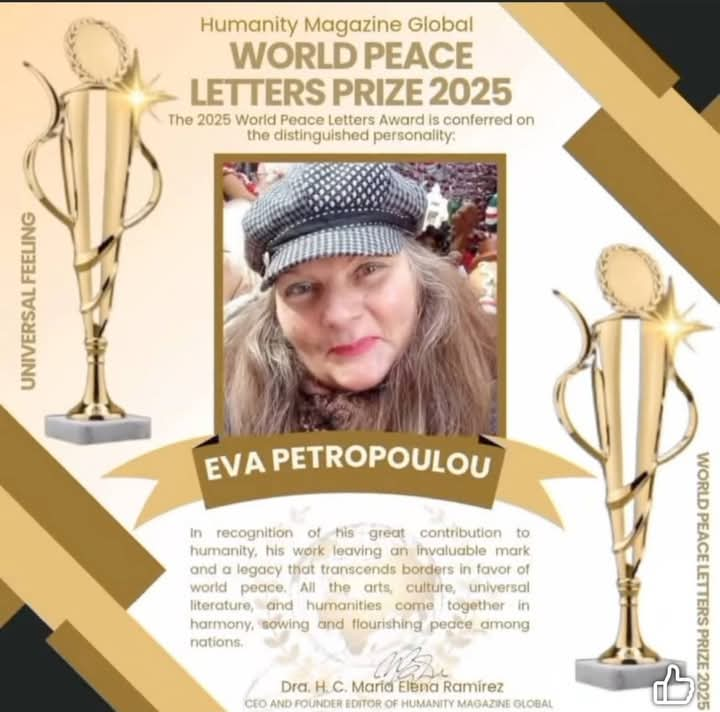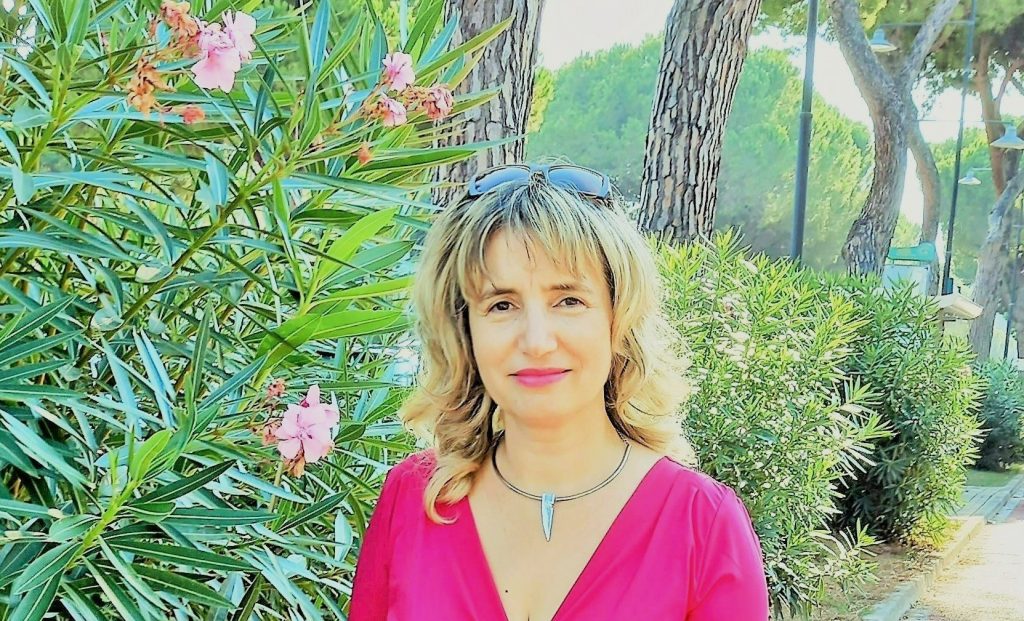Technology of Artificial Tooth Implantation and Post-Treatment Care
Alfraganus University, Faculty of Medicine, Department of Dentistry, 3rd-year student O‘ktamova Shakxnozabonu
Annotation: Artificial tooth implantation (implantation), X-ray and 3D scan to evaluate jawbone condition, avoiding hard or sticky foods, visiting the dentist every 6 months, cleaning with a soft toothbrush, the success rate of artificial tooth implantation
Keywords: Artificial tooth, psychological condition, preparatory stage, implantation, prosthetics, diabetes, osteoporosis, inflammation, osseointegration, laser implantation, computed tomography.Artificial tooth implantation (implantation) is one of the most important and widely used fields in modern dentistry. This technology helps restore the patient’s aesthetic appearance and chewing function in cases of tooth loss. Artificial tooth implantation not only restores external appearance but also improves psychological well-being. This article analyzes implantation technologies, their success rates, and post-treatment care.
Technology of Artificial Tooth Implantation Artificial teeth are implanted into the jawbone using titanium-based implants. This process includes several stages: Preparatory stage: The patient undergoes a general examination. The condition of the jawbone is assessed using X-ray and 3D scan. Implantation: The implant is placed into the jawbone using special instruments. Local anesthesia is used during this stage. Integration: The implant fuses with the bone (osseointegration). This process takes 3–6 months. Prosthetics: In the final stage, the artificial tooth is placed on top of the implant. Today, the process is carried out with much more precision due to computer-assisted planning, navigation surgery, and laser technologies. The success rate of artificial tooth implantation is around 90–98%.
The following factors influence it: Patient’s age: Usually applied to patients older than 18 with fully developed jawbones. Health condition: Conditions like diabetes, osteoporosis, and smoking can negatively affect the success of implantation. Oral hygiene: If hygiene is not maintained, inflammation and infection may occur. Surgical expertise and technology: It is important for the surgery to be performed by an experienced specialist using modern technologies. According to statistical data, the success rate has increased in the last 10 years. Especially, the use of laser implantation and computer tomography reduces the chance of error.
Post-Treatment Care Proper care after implantation is very important. The following steps should be followed: Brush teeth twice a day and use dental floss; Visit the dentist every 6 months for a check-up; Avoid hard or sticky foods; Quitting smoking – this reduces inflammation around the implant; Clean with a soft toothbrush. In addition, patients may be advised to use special antiseptic mouth rinses and antibiotics. — Conclusion: The technology of artificial tooth implantation is a great achievement in modern dentistry. To achieve successful results, not only the technological process but also the patient’s health and post-treatment care play an important role.
References:
1. Proffit, W. R., Fields, H. W., & Sarver, D. M. (2013). Contemporary Orthodontics (5th ed.). Mosby Elsevier.
2. Graber, L. W., Vanarsdall, R. L., & Vig, K. W. (2016). Orthodontics: Current Principles and Techniques (6th ed.). Elsevier.
3. Bishara, S. E. (2001). Textbook of Orthodontics. W.B. Saunders Company.
4. Misch, C. E. (2015). Contemporary Implant Dentistry (3rd ed.). Mosby.
5. Albrektsson, T., & Johansson, C. (2001). Osteoinduction, osteoconduction and osseointegration. European Spine Journal, 10(Suppl 2), S96–S101.


